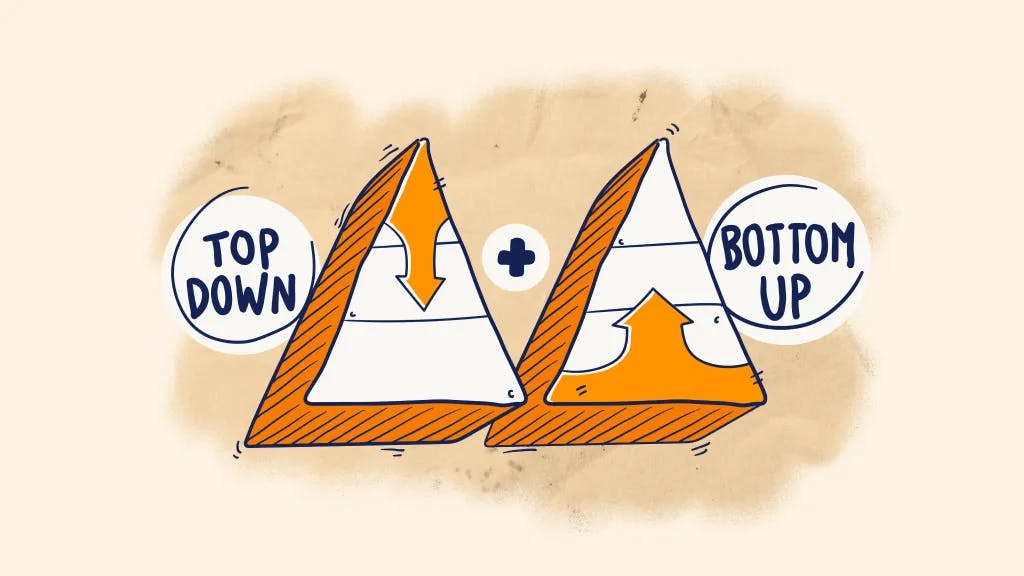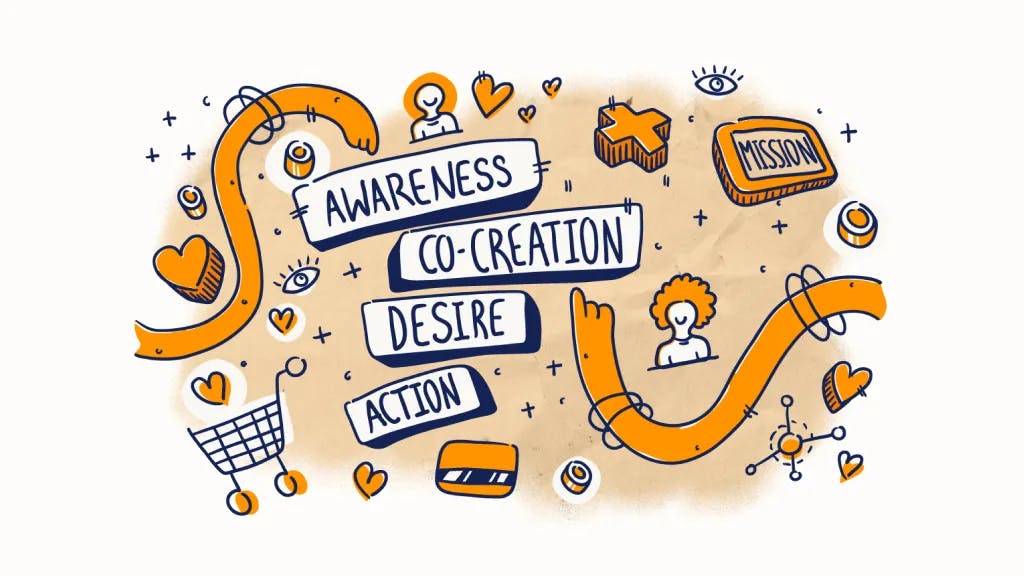Why you should ask people to suggest new innovation challenges
No one can deny the importance of a company focusing its energy on the most pressing innovation challenges and promising opportunities.
Innovation Challenges - timebound campaigns to solicit ideas - are a great tool to surface ideas aligned with your organization's priorities.
But an often missed point is that by allowing your audience to suggest innovation challenges, you can more easily find significant problems that need to be tackled and thereby discover unforeseen opportunities to innovate.
As an innovation manager, you're probably the one determining those priorities, together with the leadership at your organization. You likely have a specific vision for what you want to see improved or for new and disruptive ideas or creations.
But there's something else we cannot overlook: the incredible asset that it is to include more people, as diverse as possible, in the innovation process.
I'm not saying that your community should be launching the challenges, but rather that you should hear their suggestions.
There's something special when employees at large are given a channel and a voice.
Why is this?
You've likely come up with some great challenge options thus far. Still, no one is perfect, and you're likely to be subject to a certain level of tunnel vision, leading you to miss certain opportunities or be unaware of particular needs within your organization. After all, you can't be everywhere at once and know all that happens.
That's why it's essential to include the people in your organization as a listening post to what is happening on the ground.
Doing so will allow you to gather unique perspectives since people are in contact with customers and other employees.
It's essential to create a mechanism that will allow members of your community to propose the launch of new innovation challenges that need solving with people's ideas.
Such a feedback loop mechanism will create more opportunities and ensure that your organization covers all the areas that require improvement or renewal.
How do I capture relevant innovation challenge proposals?
The questions that you ask while soliciting challenge proposals are critical. So, you need to develop guiding questions that help people propose relevant challenges.
The questions asked in a challenge proposal form should be designed to guide the submitter in a way that helps them convey the value of their proposal.
So, what sections should you include when collecting suggestions for challenges to launch?
0. CONTEXT
Before diving into the challenge itself, it's important for the people suggesting a new challenge to give context to their proposals.
Context is indispensable for assessing the adequacy and relevancy of the challenge proposal.
You could include some questions under this section to help contributors shape the context. Try asking the following:
What specific problem or opportunity did you find that made you even want to propose a challenge?
Encouraging contributors to give some context will help them better shape their proposals and make it easier for you to review and understand the idea.
1. TITLE & DESCRIPTION
In this section, you'll encourage submitters to describe the challenge and give it a title.
The following guide questions could be helpful:
What problem is this challenge seeking to solve? What opportunity is this challenge seeking to realize? What happens if we don't address the problem this challenge aims to solve? What happens if we don't take advantage of this opportunity?
Consider adding a word limit to this section to keep it concise. It'll encourage submitters to simplify their proposals further. It will also make it easier for those reading and reviewing the proposal.
2. MAIN BENEFICIARIES
With every challenge, there are people who would benefit from the completion of the challenge or contest. This is because the solutions presented during a challenge can make a massive change in the lives of employees, customers, or people at large.
This section of the form would have your contributors identify who could benefit from this challenge being solved and explain the impact that would have.
3. MAIN CONTRIBUTORS
This section of the challenge suggestion form should have people describe which communities could participate in the challenge.
Is this a challenge to be directed at employees or members of an organization? Or would this be extended to partners or the general public? Or perhaps both?
Encourage people to identify the primary audience and explain why they should be involved in the challenge.
Including your community in the innovation challenge design process is one of the most effective ways to allow everyone to feel like they can contribute to your company's innovation journey.
Need a challenge suggestion form?
Here are some guiding questions you can use to complement your innovation challenge submission form:
Describe the challenge you are proposing.
Tell us about your challenge. What problem or opportunity is entailed, and where are ideas needed?
How did you come up with this challenge?
Describe the context in which your challenge came to mind and what led you to propose it.
Why should we address this challenge?
What happens if we do nothing? Why should we do it now?
Who are the primary beneficiaries of this challenge?
Each beneficiary may have different interests and perspectives. Outline why each beneficiary cares about this challenge.
Who could be the main contributors to this challenge?
Identify the internal and/or external audiences you feel should be involved and explain why.
Challenge title
What would be a good title for this challenge?
Does this challenge fit one of our innovation domains?
If so, tell us which one and why.
Most of the questions above incorporate the recommended challenge proposal form available in InnovationCast. You are welcome to improve or adapt these questions to your scenario.
If you'd like to learn more about how InnovationCast can help with that, visit our website and get some insight on how we can help you get stronger ideas faster.
Ready to chat with us? Request a demo today; we'd love to meet you!


